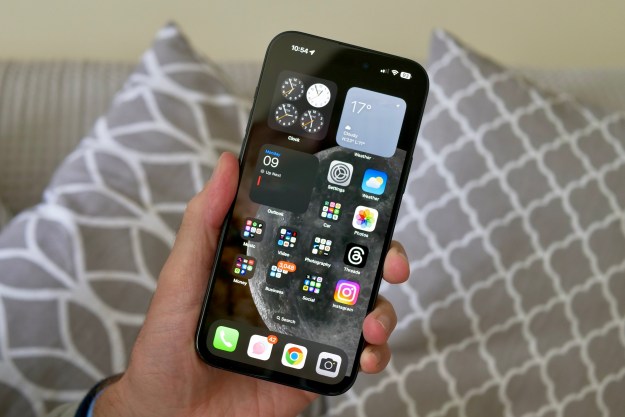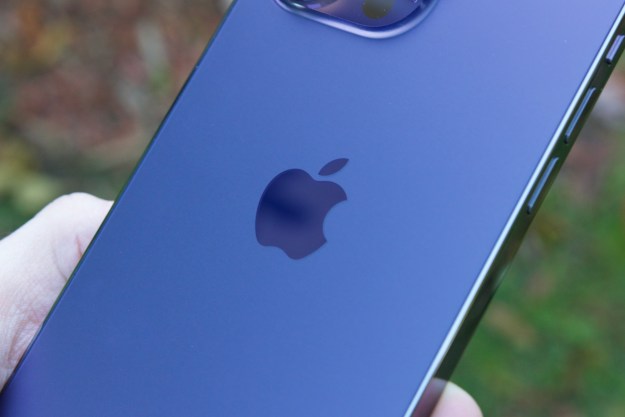Apple’s determination to move production away from China continues as Taiwan-based supplier Foxconn is reportedly planning a significant investment in an iPhone assembly factory in southern India.
The investment is said to be worth up to $1 billion, Reuters reported, citing two unnamed sources with knowledge of the matter. It is part of Apple’s shifting of production from China to other countries, due to the trade tension between Washington, D.C., and Beijing, and the COVID-19 pandemic.
“There’s a strong request from Apple to its clients to move part of the iPhone production out of China,” one of the sources told Reuters.
Foxconn’s investment into the Sriperumbudur plant will stretch over three years, said the second source. The plant, which makes the iPhone XR, will also make other iPhone models, according to the sources.
Only 1% of smartphone sales in India are for the iPhone, as its high cost makes it a status symbol in the world’s second-largest smartphone market. Manufacturing more iPhones in the country will help lower their cost as Apple will not have to factor import taxes into the price tags, according to Reuters.
Digital Trends has reached out to Foxconn to confirm the planned investment, and we will update this article as soon as we hear back.
COVID-19’s impact on Apple
Apple CEO Tim Cook said in March that he was confident that the COVID-19 pandemic will not affect the company in the long term, but that it has learned from its experiences in China where supply chains and factories were affected. This led to the closure of its retail stores outside of China to help curb the spread of the coronavirus.
Apple was able to get manufacturing back on track that month, with the iPhone 12 expected to still launch within the usual September timeframe.
Editors' Recommendations
- Here’s how Apple could change your iPhone forever
- Why you should buy the iPhone 15 Pro Max instead of the iPhone 15 Pro
- When will Apple release iOS 18? Here’s what we know
- This is our best look yet at the iPhone 16’s big design changes
- Everything you need to know about the massive Apple App Store outage


